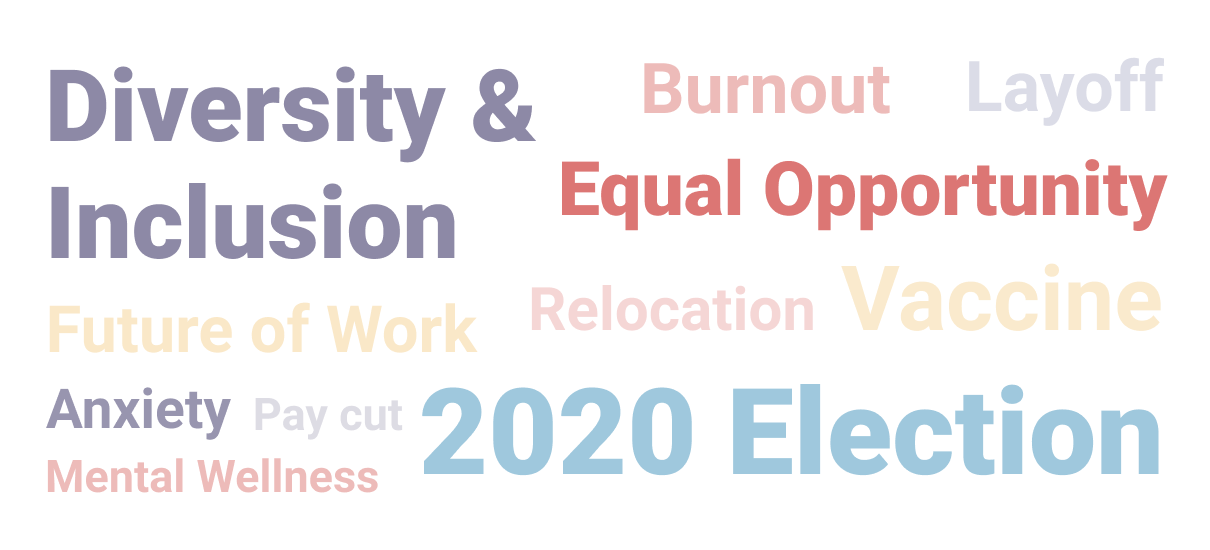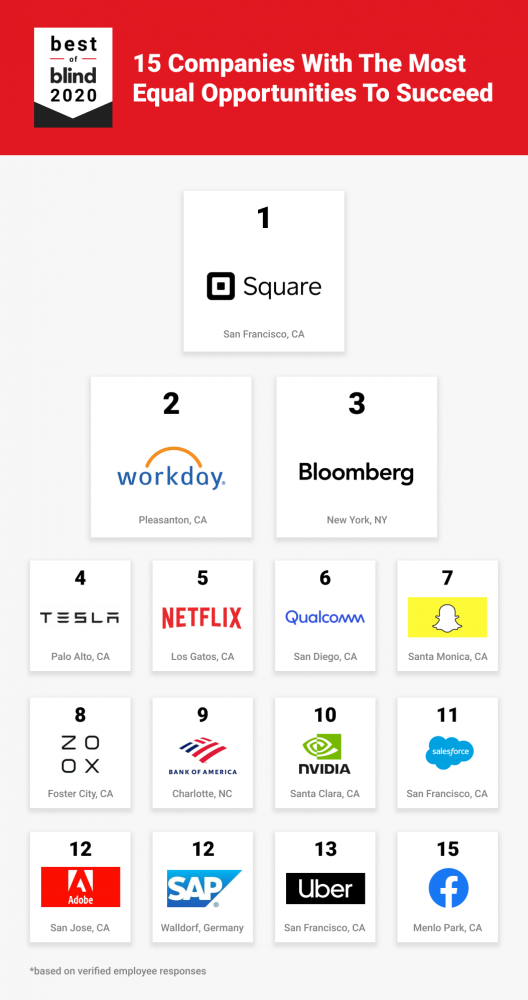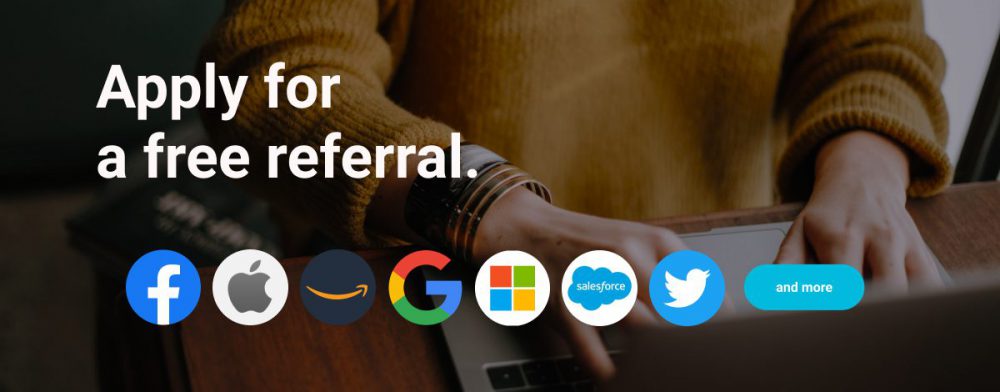2020 Recap Part 3: COVID-19 and Crises in US

2020 has brought to light the intersectional conversations regarding diversity and inclusion.
The Coronavirus has created various unprecedented situations. The pandemic was disrupting how we live, how we work, how we shop, and how we interact with each other as a community. First, there’s the health crisis due to the pandemic with 16.9M cases and 308K deaths in just the US. Secondly, many are losing jobs and businesses. The cumulative loss to global GDP over 2020 and 2021 from the pandemic crisis could be around 9 trillion dollars according to the IMFBlog.
Next, there is the racial injustice crisis. America is in a modern Tale of Two Cities. On one hand, the people who were already left behind pre-Covid-19 are now facing even greater challenges. The deeply rooted and institutional challenges this nation faced were expedited by the pandemic, and there seems to be growing consensus that we can’t ignore that reality.
In the summer of 2020, the murder of George Floyd disrupted our lives once again. Breonna Taylor. Ahmaud Arbery. Christian Cooper. Omar Jimenez. Many more racial injustices surfaced, and for once people wanted change.
Diversity & Inclusion
More than ever, people are holding corporations as accountable as the government to take a stance. After the murder of George Floyd, many companies and businesses took a stance with #blacklivesmatter. We asked professionals on Blind if they agree with your company’s stance/actions regarding George Floyd and the BlackLivesMatter movement. 5,200 professionals responded, and 67% strongly agree/ agree with their company’s stance regarding George Floyd and the #BlackLivesMatter movement.
Facebook employees even staged a “virtual walkout” over the company’s decision not to take action against President Trump’s provocative messages in the face of nationwide protests against police violence. (70% of Facebook employees on Blind strongly agree/agree with their company’s stance.)
Improving diversity can help encourage equity across Silicon Valley. As companies speak out against racism, many have and will face scrutiny over their current lack of diversity, particularly in executive ranks. After gathering professional’s sentiment on George Floyd and the #BlackLivesMatter movement, Blind, also asked its user base about corporate representation.
Among 2,800 professionals who responded,
- 76% of white respondents say their ethnicity is represented in the upper management / c level of their organization
- Only 10% of Black or African American respondents are represented
- Only 21% of Hispanic or Latino respondents are represented
Additionally, only 24% of respondents felt their personal values/ moral code represented in the upper management / c-level of their organization.
- 31% of white respondent’s personal values/ moral code are represented
- Only 12% of Black or African American respondents personal values/ moral code represented
- Only 17% of Amazon professionals say their personal values are represented in the upper management
42% of all respondents say upper management at their organization demonstrate an understanding of racial differences in the workplace
- 47% of white respondents say upper management at their organization demonstrate an understanding
- Compared to 34% of Hispanic or Latino respondents and 19% Black or African American respondents
During Pride Month (June), Blind dove deeper into the nuances of feeling safe when you identify as LGBTQ+, inclusive health and workplace policies, and what LGBTQ+ representation means in the workplace.
- While 86% of surveyed professionals feel that their workplace is a safe space for LGBTQ+ individuals, only 76% of LGBTQ+ community said they feel the same way.
- 74% of professionals said their company have inclusive family and health policies available for LGBTQ+ employees (69% of LGBTQ+ professionals)
- 55% of professionals said their sexual orientation or gender identity is represented in the upper management / c-level of your company (Only 34% of LGB+ professionals said they are represented)
Although still lacking, many organizations aim to create inclusive work environments that provide all employees with a sense that they belong and will be given an equal opportunity to succeed.
At Blind, we gathered a ranking for the “15 Companies With The Most Equal Opportunities To Succeed”, based on nearly 10,000 employee responses on the Blind App.
This survey began running in late August, grasping how employees feel in light of the pandemic, upcoming election, and rising racial tensions. The survey asked the following question, on a spectrum of strongly agree to disagree strongly:
“People from all backgrounds have equal opportunities to succeed at my company.”
Here are the 15 Companies with the most equal opportunities to succeed:

Conscious or unconscious stereotypes can lead to biased decisions, preventing organizations from hiring, developing, and promoting the best talent. While a couple of the FAANG and tech companies made the list, some more traditional firms also earned their spot in the ranking. Tech companies typically have the reputation of being progressive and adaptable. Still, finance companies like Bloomberg and Bank Of America have adapted and evolved to create equal opportunities.
2020 Election
Amid all the crises in the United States, the Americans were determining who their next leader would be. Back in July, when the 2020 Presidential election was hot topic of discussions on Blind, we asked our users about the upcoming election to predict voter turnout across Silicon Valley.
97% of eligible voters responded they plan on voting this year.
- 100% of Capital One employees plan on voting
- 100% of Facebook employees plan on voting
- 98% of Microsoft employees plan on voting
- 32% of Eligible voters find “The national economy” to be the most important issue.
- 25% find “The handling of the coronavirus pandemic” to be the most important issue
- 25% find “Civil Rights and Equality (Racial, LGBTQ+ etc)”
As time went by, it was clear who the professionals in Silicon Valley and New York were rooting for. After the night of the first presidential debate, a Seagate user ran a poll asking, “Biden vs. Trump live poll. Who is winning?” The poll had 13,008 responses and robust dialogue with 2,238 professionals commenting on their own opinions.
- 67% of professionals believed VP Joe Biden was winning the debate.
- 80% of Capital One professionals believed VP Joe Biden was winning the debate.
- 65% of Facebook professionals believed VP Joe Biden was winning the debate.
- 80% of Capital One professionals believed VP Joe Biden was winning the debate.
- 83% of EY professionals believed VP Joe Biden was winning the debate.
- 85% of Goldman Sachs professionals believed VP Joe Biden was winning the debate.
- 65% of Google professionals believed VP Joe Biden was winning the debate.
Once Biden was announced president-elect, users on Blind were curious about what Biden-Harris White House meant for the tech industry. Big Tech could benefit from the Biden administration revisiting executive orders limiting high-skill immigration. Here is what we learned from 1,050 tech professionals:
- 66% of tech professionals expect Biden to loosen restrictions on hiring skilled foreign workers
- 74% of tech professionals think the Biden administration will remove the executive orders limiting high-skill immigration
- 64% of tech professionals believe Biden will increase the pipeline of foreign-born workers for technology firms
There’s no doubt the COVID-19 pandemic and the year 2020 led to the biggest challenges many companies and employees have had to face in their corporate lifetime, and even with a new leader, there are still many unknowns. We don’t know which policies will be prioritized—nor others that may come to the fore. We understand that these unknowns are disheartening, frustrating, exhausting, and depleting. But Blind will strive to be the platform for facilitating solutions-oriented conversations and lead dialogues that are intended to be constructive, forward-thinking, and inclusive.
Blind is excited to bring you our new 2020 rewind series. Our 2020 rewind ranges in general topics that were prevalent in the past year. We explore each chapter with our data aggregated and collected over the past year.
About Blind and Blind Hub
“Ally to the employees, advisor to the company.”
Blind is a platform where 4.1M verified employees from 83k+ companies discuss workplace matters anonymously, encouraging transparency in corporate culture, and empowering employees to provide honest feedback about their workplace experiences anonymously actively. The daily dialogues and surveys on Blind provide unbiased, accurate insights on workplace matters.
Recently launched, Blind Hub is a provider of workplace intelligence and insights, helping companies drive their culture and improve employer branding.
Together with Blind Hub data analysis tool, Blind will release monthly rankings, focusing on different aspects that attract and retain employees.
To learn more about Blind Hub, please visit www.blindhub.net.
